Medicine for Nerve Pain in India
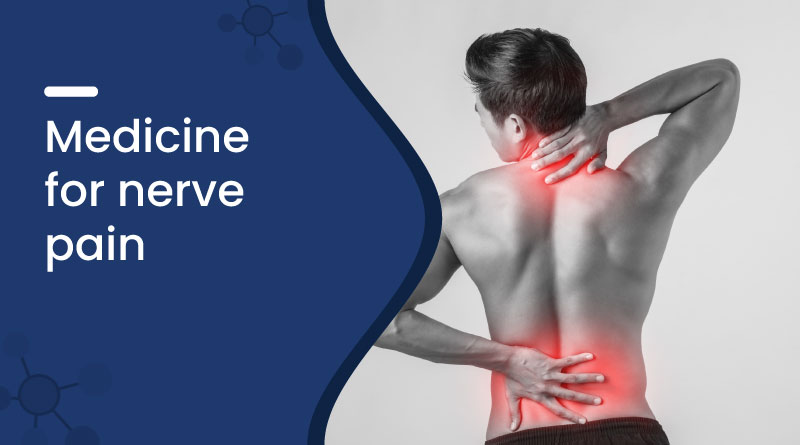

Nerve pain (neuropathy) is one of the most common health concerns in India, affecting mobility, daily activities, and overall quality of life. It occurs when nerves are damaged or irritated, leading to burning sensations, tingling, numbness, or sharp pain. If not managed properly, nerve pain can worsen over time and lead to weakness, sleep issues, and reduced productivity.
The best medicine for nerve pain depends on the root cause — whether it’s diabetes, nerve injury, vitamin deficiency, or chronic conditions like sciatica. Treatment options include allopathic medicines, Ayurvedic formulations, herbal remedies, and lifestyle interventions.
In this blog, we’ll break down the top medicines for nerve pain in India, their uses, and safe, affordable options available at Zeelab. Whether you’re facing diabetic neuropathy or chronic back-related nerve issues, understanding your treatment options is the first step toward long-term relief and recovery.
Benefits of Nerve Pain Medicines:
- Pain Relief: Reduces pain in DPN, arthritis, post-herpetic neuralgia, and sciatica (lower back pain).
- Improved Sleep: Relief from nighttime pain and improved sleep quality.
- Prevents Nerve Damage: Reduces pain signals, regenerates nerve cells, and prevents their damage.
- Mood Improvement: Relieves pain associated with anxiety, depression, and discomfort.
How Does Nerve Pain Medicine Work?
Nerve pain medication works by inhibiting the brain’s chemical levels that induce pain signals and preventing nerve damage.
What to Avoid?
The following things should be avoided when taking nerve pain medication:
- Avoid Alcohol: Do not consume alcohol while taking nerve pain medicine, as it may cause drowsiness.
- Restrict Driving: Do not drive after taking nerve pain medicine, as it may impact driving ability and cause drowsiness.
- Avoid Caffeine: Do not consume caffeine while taking nerve pain medicine, as it may worsen the symptoms.
List of Medicines for Nerve Pain
| Generic Medicine | Use |
|---|---|
| Pregabalin | Reduces nerve pain by calming overactive nerves. |
| Gabapentin | Relieves neuropathic pain and improves sleep. |
| Duloxetine | Controls nerve pain and improves mood. |
| Amitriptyline | Low-dose antidepressant used to relieve nerve pain. |
| Vitamin B12 | Repairs damaged nerves and improves function. |
Best Medicines for Nerve Pain
Pregabalin
Pregabalin is one of the most commonly prescribed medicines for nerve pain. It works by calming overactive nerve signals in the brain and spinal cord, which helps reduce burning sensations, tingling, and sharp shooting pains. It is especially useful for patients with conditions like diabetic neuropathy, fibromyalgia, and spinal nerve compression.
Gabapentin
Gabapentin is widely used to relieve nerve-related pain and improve sleep quality. It helps balance nerve activity, reducing discomfort caused by conditions such as diabetic neuropathy, shingles, and sciatica. By calming the nerves, it prevents painful sensations and supports better rest at night, making it easier for patients to manage chronic pain.
Duloxetine
Duloxetine is an antidepressant medicine that also works effectively for nerve-related pain. It helps in restoring the balance of certain brain chemicals that affect both mood and pain perception. This makes it highly useful for patients with diabetic neuropathy and fibromyalgia, as it eases nerve pain while also improving mood and overall well-being.
Amitriptyline
Amitriptyline is an older antidepressant that, in low doses, is often prescribed to treat nerve pain. It works by modifying pain signals in the nervous system, helping patients feel relief from persistent discomfort. Additionally, Amitriptyline improves sleep quality, making it especially helpful for people suffering from chronic pain conditions that disturb their daily life.
Vitamin B12
Vitamin B12 is a vital nutrient for nerve health, repair, and regeneration. A deficiency in this vitamin can cause symptoms like tingling, numbness, and weakness in the hands and feet. Supplementing Vitamin B12 supports healthy nerve function, boosts energy, and helps prevent neuropathic pain linked to diabetes, old age, or poor nutrition.
Best Nerve Pain Products in India
| Medicine Name | Uses |
|---|---|
| Nervzone 75 Capsule | Used in the treatment of neuropathic pain (nerve pain) associated with conditions like diabetes, shingles, or spinal cord injury. Helps reduce pain, burning, and tingling sensations. |
| Gabatix 100 Tablet | Prescribed for the management of neuropathic pain, epilepsy, and seizures. It calms nerve signals in the brain and provides relief from chronic nerve-related pain. |
| Dudu 20 Tablet | Helps in treating depression and anxiety disorders by balancing brain chemicals. Improves mood, sleep, appetite, and energy levels. |
| Calmzee 10 Tablet | Used to manage anxiety and panic disorders. Provides calming effects by reducing overactivity in the brain. |
| My12 G Tablet | My12 G Tablet relieves neuropathic pain, repairs damaged nerves, and supports healthy nerve function. |
Detailed Information on Best Nerve Pain Products
My12 G Tablet
My12 G Tablet is a combination medicine used for neuropathic pain, nerve damage, and vitamin B12 deficiency.
- Salt Composition: Gabapentin (300mg) + Methylcobalamin (500mcg)
- What it does: Relieves nerve pain, reduces tingling and numbness, and helps repair damaged nerves.
- Best for: Patients with diabetic neuropathy, spinal cord injury, or Vitamin B12 deficiency-related nerve pain
Gabatix 100 Tablet
Gabatix 100 Tablet is an anticonvulsant commonly prescribed for nerve pain and seizure control.
- Salt Composition: Gabapentin (100mg)
- What it does: Controls seizures, reduces nerve pain, and stabilises overactive nerves.
- Best for: Patients with epilepsy, neuropathic pain, or restless leg syndrome.
Dudu 20 Tablet
Dudu 20 Tablet is a prescription medicine mainly used for erectile dysfunction.
Salt Composition: Duloxetine (20mg)
What it does: Balances brain chemicals, reduces neuropathic pain, improves mood, and relieves symptoms of anxiety and depression.
Best for: Patients with diabetic neuropathy, fibromyalgia, depression, or generalized anxiety disorder.
Calmzee 10 Tablet
Calmzee 10 Tablet is prescribed in low doses to treat nerve pain and improve sleep quality.
Salt Composition: Amitriptyline (10mg)
What it does: Calms overactive nerves, reduces chronic nerve pain, and supports better sleep.
Best for: Patients with neuropathic pain, depression, or sleep disturbances caused by nerve-related conditions.
When to See a Doctor?
- If it is severe or persistent pain affecting daily life.
- If you feel numbness or weakness in the affected area.
- If it impacts your quality of life, disturbs your sleep or daily activities.
- If home remedies are ineffective, consult your doctor.
- If you feel sudden or severe pain after an injury.
- If you have muscle weakness or abnormal bowel and urine flow.
Summary:
Nerve pain medicine treats pain and nerve damage in different neuropathic conditions. On-time diagnosis, proper treatment, and the right medicine choices give effective results, improve daily activity, and quality of life. Hence, proper management is necessary for normal body functioning. Increasing awareness, seeking medical advice, and on-time treatment can prevent worsening of symptoms and help in disease management.
Frequently Asked Questions (FAQs):
Q: How long does it take for nerve pain medication to start working?
A: The effectiveness of nerve pain medication is influenced by the specific type of medication used and the condition being treated.
Q: When should I take nerve pain medication?
A: You can take the nerve pain medicine even if you do not have severe pain. Take the medicine regularly or as prescribed by a doctor.
Q: How to take nerve pain medication?
A: Take the medicine with or without food or as prescribed.
Q: What is medicine for nerve pain used for?
A: Medicine for nerve pain is mainly used to relieve pain in damaged nerves.
Q: Are there any side effects associated with nerve pain medications?
A: Generally, no side effects are seen; however, some individuals may experience mild dizziness and gastric distress.
Q: Is there a risk of addiction with nerve pain medications?
A: No. Most nerve pain medications are not considered addictive. However, opioids can be habit-forming and are generally prescribed only when other treatments fail.
Q: Is it safe to take nerve pain medication with other drugs?
A: Always consult your doctor or pharmacist before mixing medications. Some nerve pain treatments may interact with other prescriptions, over-the-counter drugs, or supplements.
Q: Can nerve pain resolve on its own?
A: Minor nerve pain can be relieved by general methods, while chronic pain requires ongoing management.
Q: When is it necessary to consult a doctor regarding nerve pain?
A: If you experience persistent, unexplained, or increasing pain or if it disrupts your daily activities, seek evaluation and treatment from a healthcare provider.
Gabapentin (300mg) + Methylcobalamin (500mcg)
10 Tablets in 1 strip
Recent Blogs
Disclaimer : Zeelab Pharmacy provides health information for knowledge only. Do not self-medicate. Always consult a qualified doctor before starting, stopping, or changing any medicine or treatment.

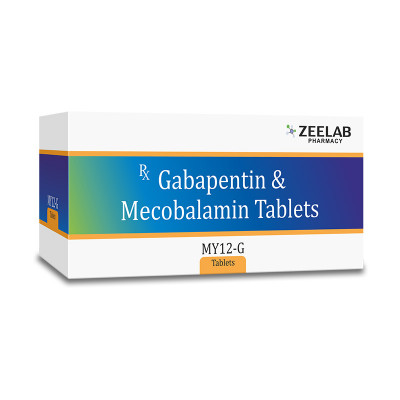
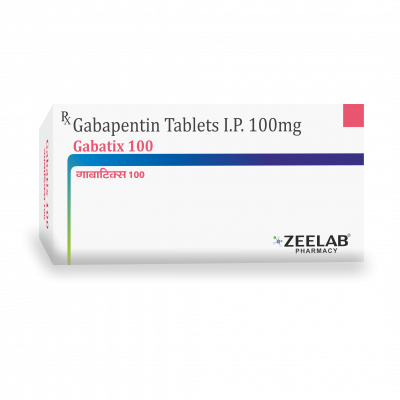

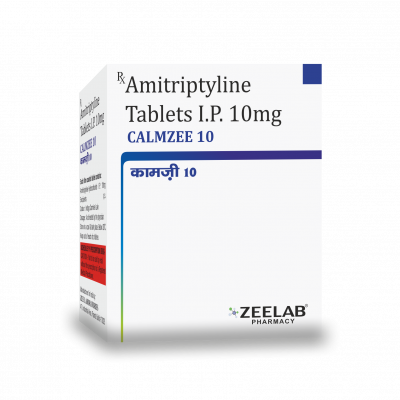
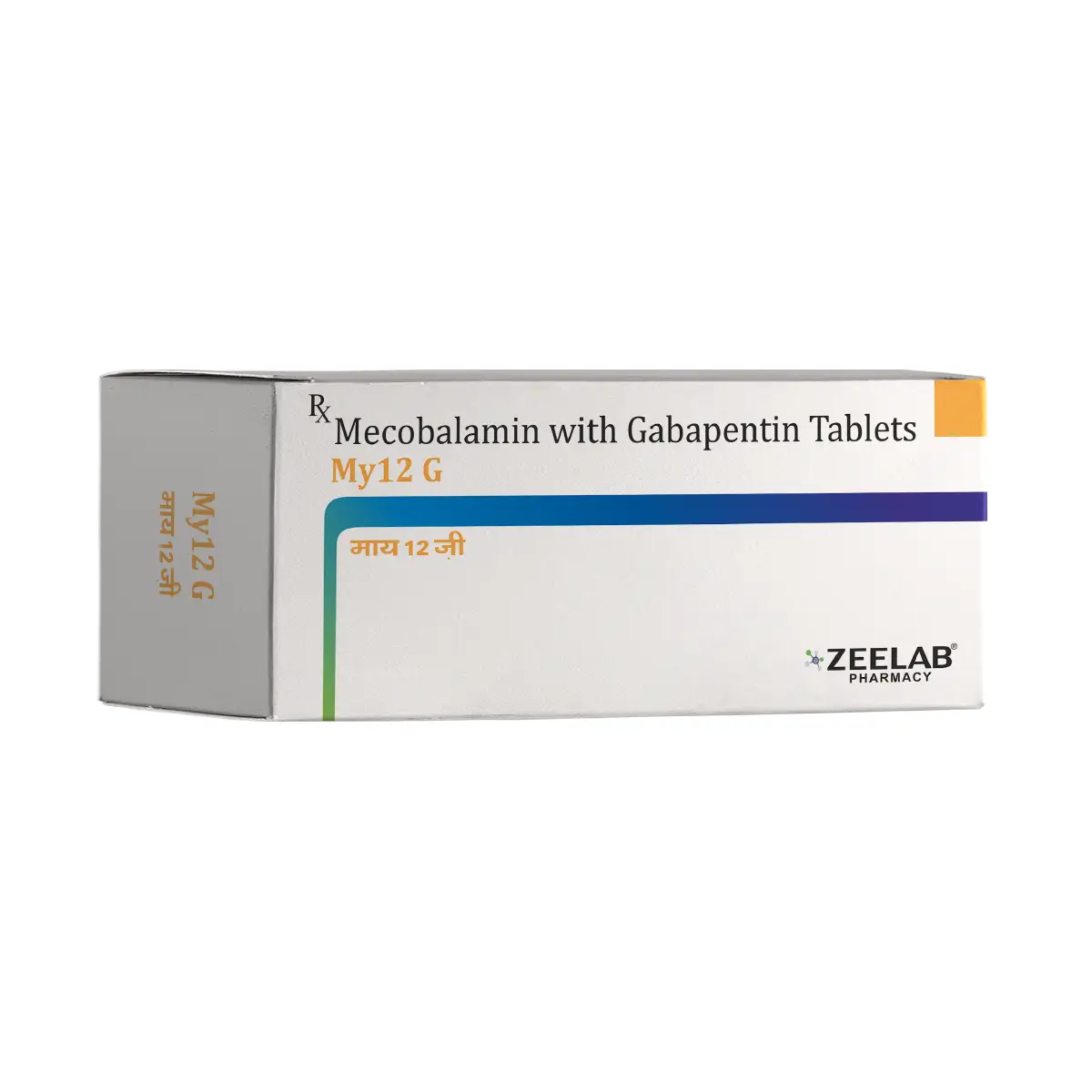
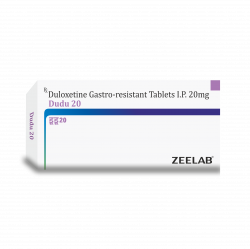
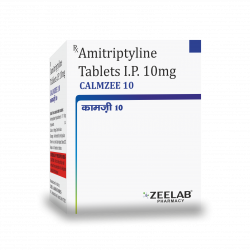
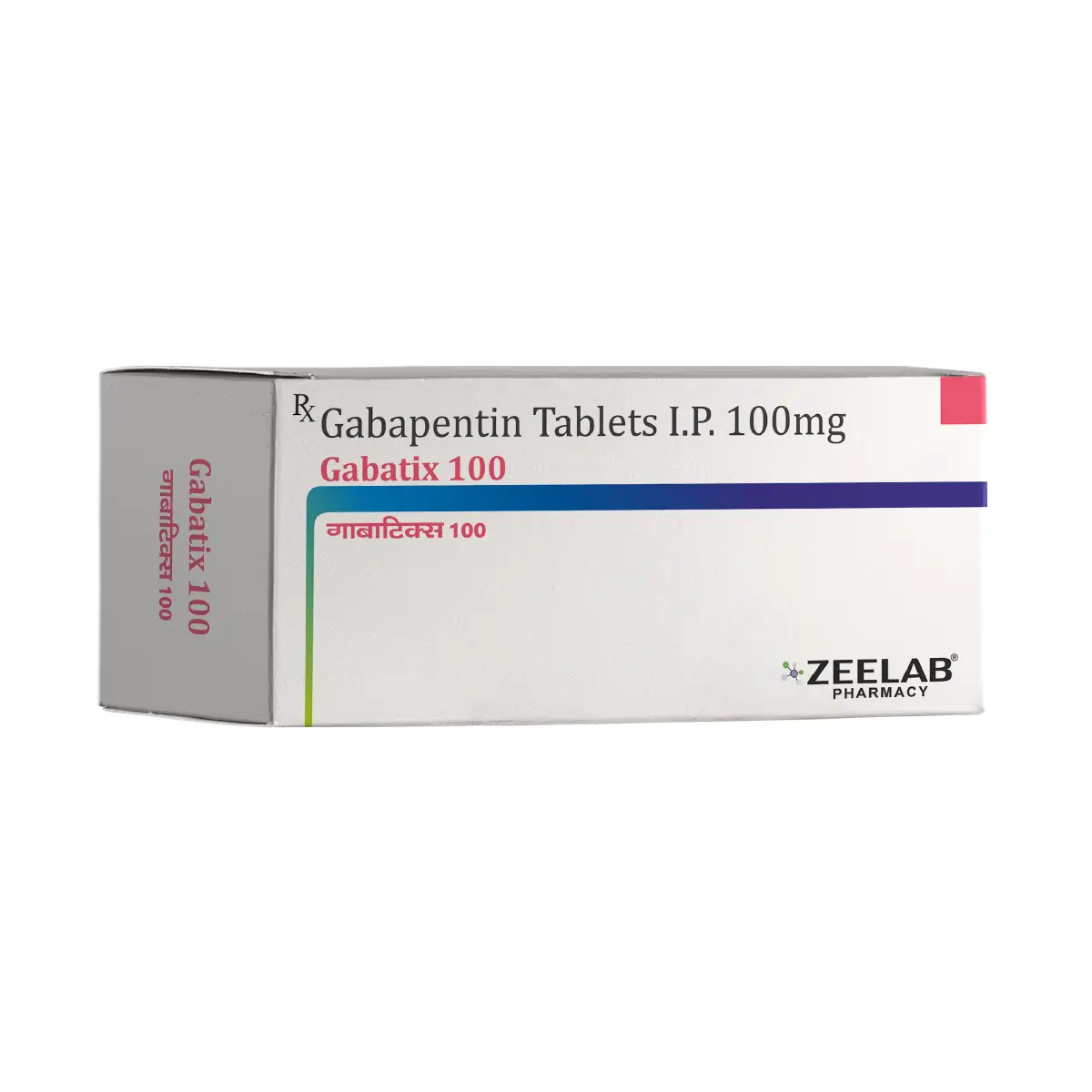















 Added!
Added!